Garrett Nada
Iran’s eight presidential candidates clashed on issues of culture, personal freedoms and women’s rights at the June 5 debate. Hassan Rouhani and Mohammed Reza Aref repeatedly criticized government censorship of the internet, press and academia. They argued that censorship had prevented Iranian artists from creating quality productions and led people to watch foreign television shows and movies. Rouhani and Aref opposed the confiscation of satellites dishes and interference in people’s private lives. Even two conservative candidates ―Mohammad-Baqer Qalibaf (below in black) and Ali Akbar Velayati― challenged government filtering.
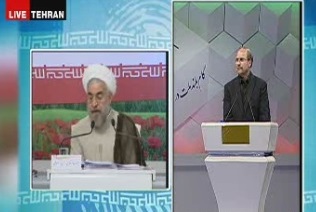 But Gholam Ali Haddad-Adel and Saeed Jalili defended state social controls. Jalili claimed that movies like “Argo” and “Lincoln” have furthered U.S. policy goals. He called for the production of movies to promote the Islamic revolution.
But Gholam Ali Haddad-Adel and Saeed Jalili defended state social controls. Jalili claimed that movies like “Argo” and “Lincoln” have furthered U.S. policy goals. He called for the production of movies to promote the Islamic revolution. 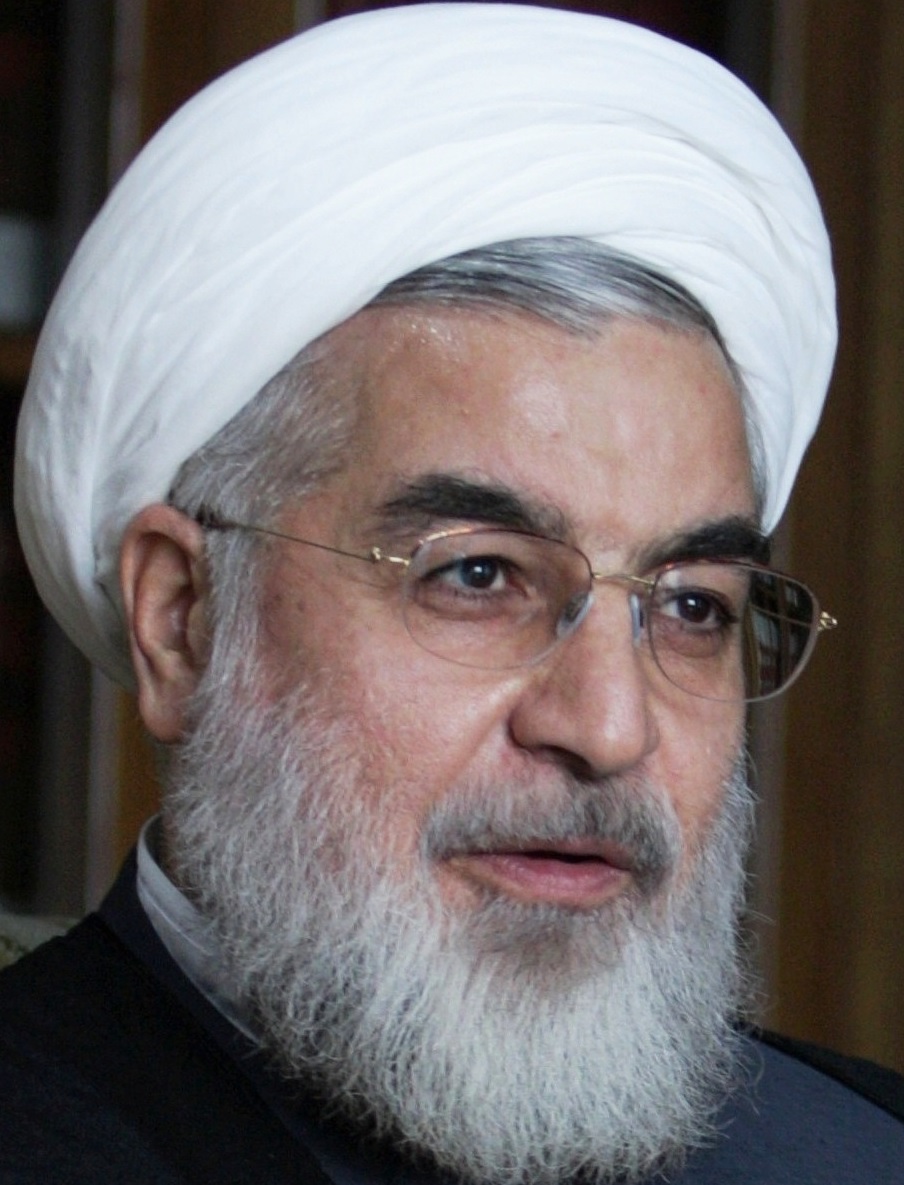 “The solution to the country's cultural problems is to minimize government interference and allow guild associations and experts to run their own affairs.” His other positions included:
“The solution to the country's cultural problems is to minimize government interference and allow guild associations and experts to run their own affairs.” His other positions included:
• Give freedom to the press to eliminate corruption. In the event of violations, governments can close newspapers.
• Censorship kills creativity.
 “Government policing of cultural, artistic and social issues must be minimized.” His other positions included:
“Government policing of cultural, artistic and social issues must be minimized.” His other positions included: “The main role for a woman is to be a mother. If we look at motherhood as a fulltime role to properly raise children, many social ills would be erased.” His other positions included:
“The main role for a woman is to be a mother. If we look at motherhood as a fulltime role to properly raise children, many social ills would be erased.” His other positions included:
• Culture is not just a right, it is an opportunity. But the state must ensure that it is kept pure.
• Iran should promote the Islamic revolution through cultural productions.
• A president must know the cultural arena’s capacities well, and he should use them as tools.
• “Argo” and “Lincoln” served the U.S. government agenda.
Mohsen Rezaei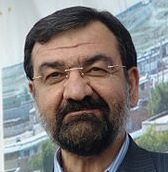 “Iran’s cultural issues are rooted in economic issues of poverty and unemployment.” His other positions included:
“Iran’s cultural issues are rooted in economic issues of poverty and unemployment.” His other positions included:
• Management of art and culture should be taken away from the state. Artists should be put in charge of culture.
• State television should not be afraid to hold real debates.
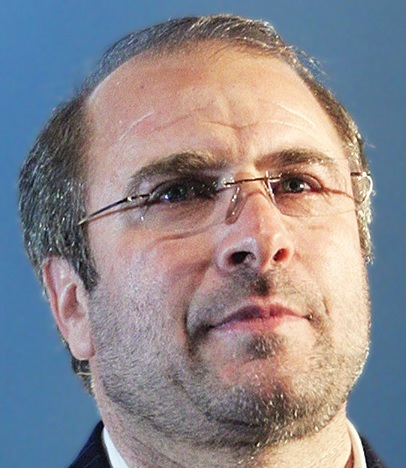 “We all know that government policing of cultural issues is an incorrect and mistaken act.” His other positions included:
“We all know that government policing of cultural issues is an incorrect and mistaken act.” His other positions included:
• Political decentralization will not improve public culture.
• Culture cannot thrive under strict controls.
• Do not criticize cultural policies just to garner votes.
 “There is [Western] cultural invasion. But the solution is not censorship, rather immunity is created through strengthening family foundations.” His other positions included:
“There is [Western] cultural invasion. But the solution is not censorship, rather immunity is created through strengthening family foundations.” His other positions included:
• Culture should not be politicized. And filtering of culture is not a solution to combat Western influence
• The government should set the agenda for cultural activities and create a “culture of resistance” based on Iranian and Islamic values.
 “Would you censor a cultural work such as a book or film that insults people's religious beliefs or attacks the moral pillars of society?” His other positions included:
“Would you censor a cultural work such as a book or film that insults people's religious beliefs or attacks the moral pillars of society?” His other positions included:
• Foreign soap operas broadcast on satellite channels are harmful to Iranian families.
• If Iran is not independent in the field of culture, it will not be independent in politics, economy or other sectors.
• Iran’s Islamic culture has influenced the region.
• Women have a right to education. Homemakers are not “jobless.” They need to be insured.
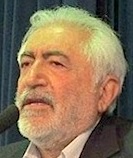 “Thinking that culture can be altered or controlled by the government is false.”
“Thinking that culture can be altered or controlled by the government is false.”
• Who has influenced who? Has Iran influenced the West, or has it influenced Iran?
